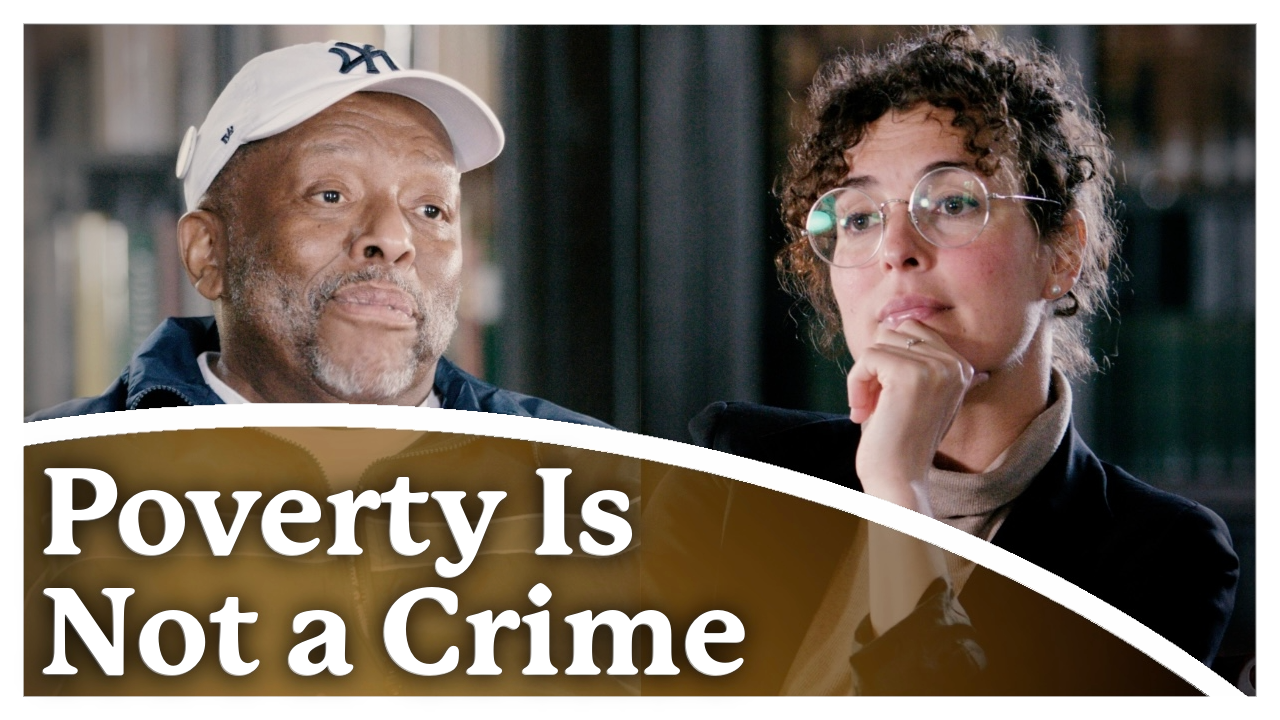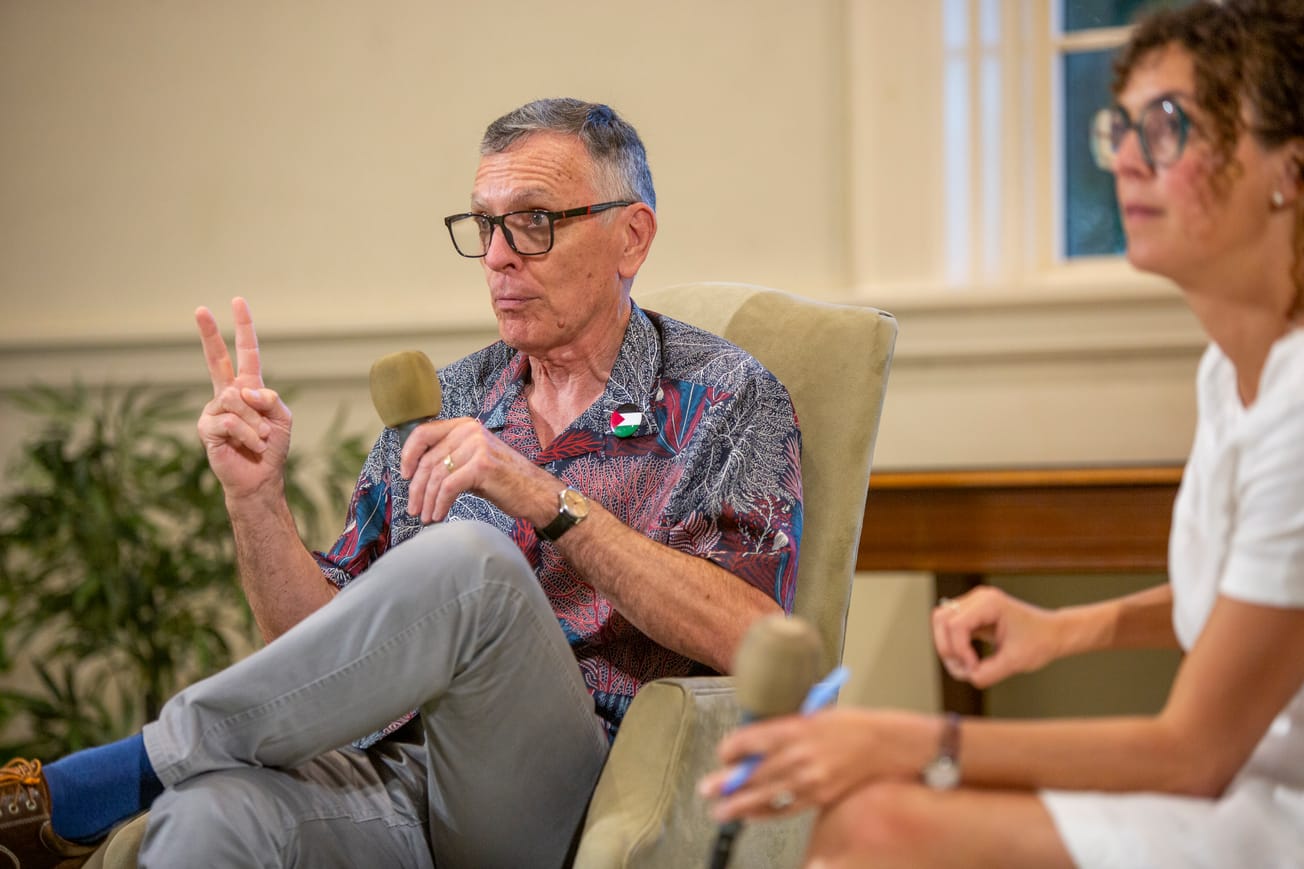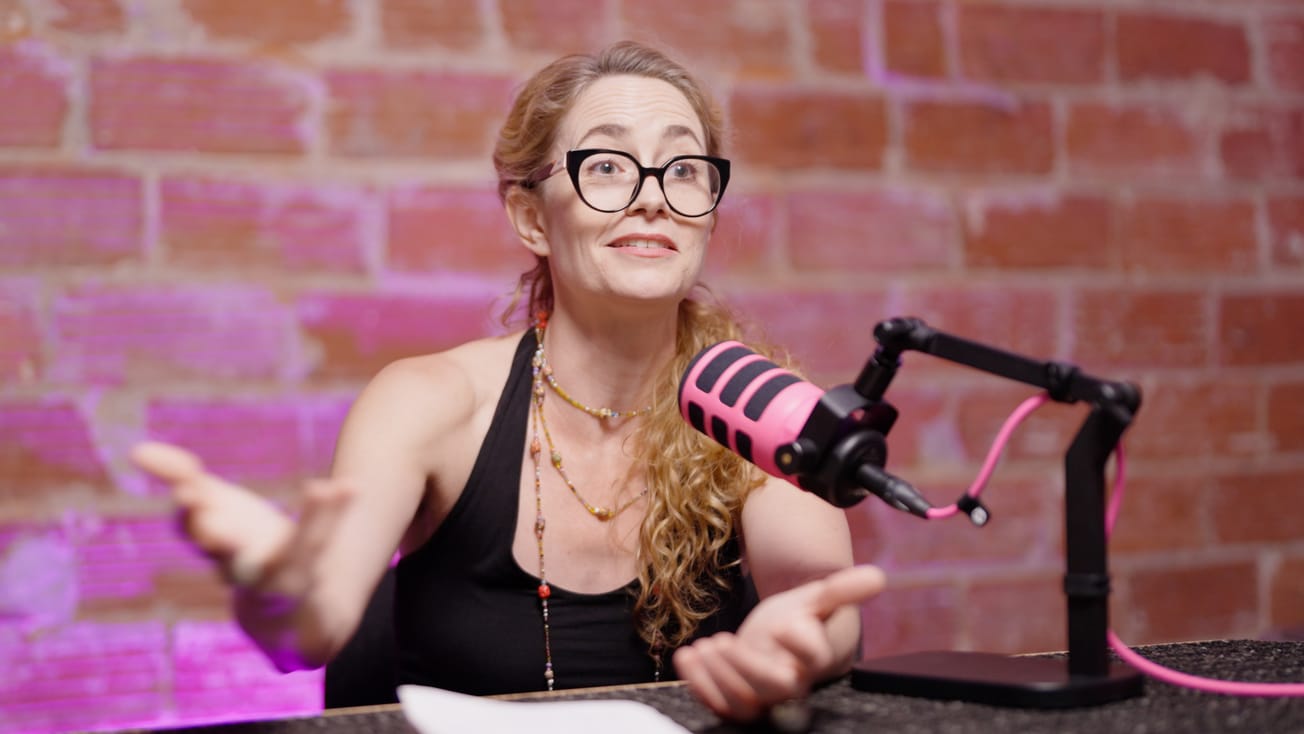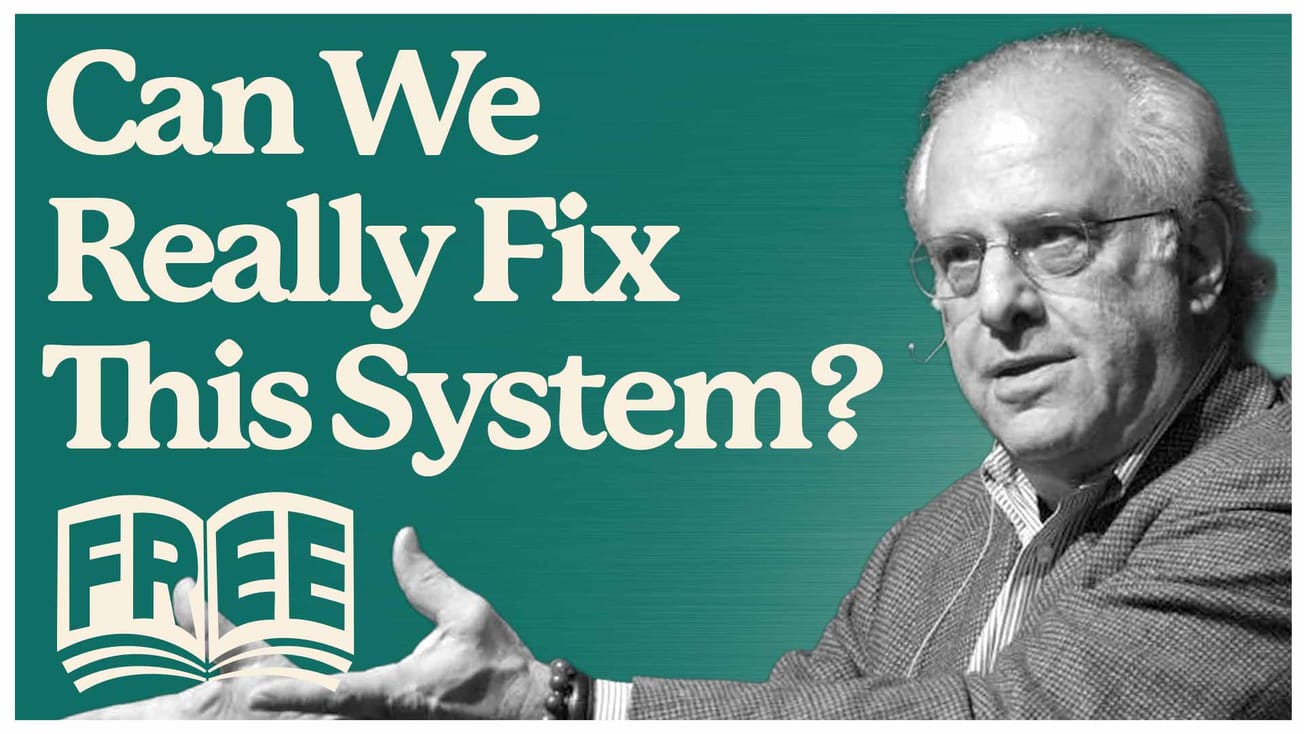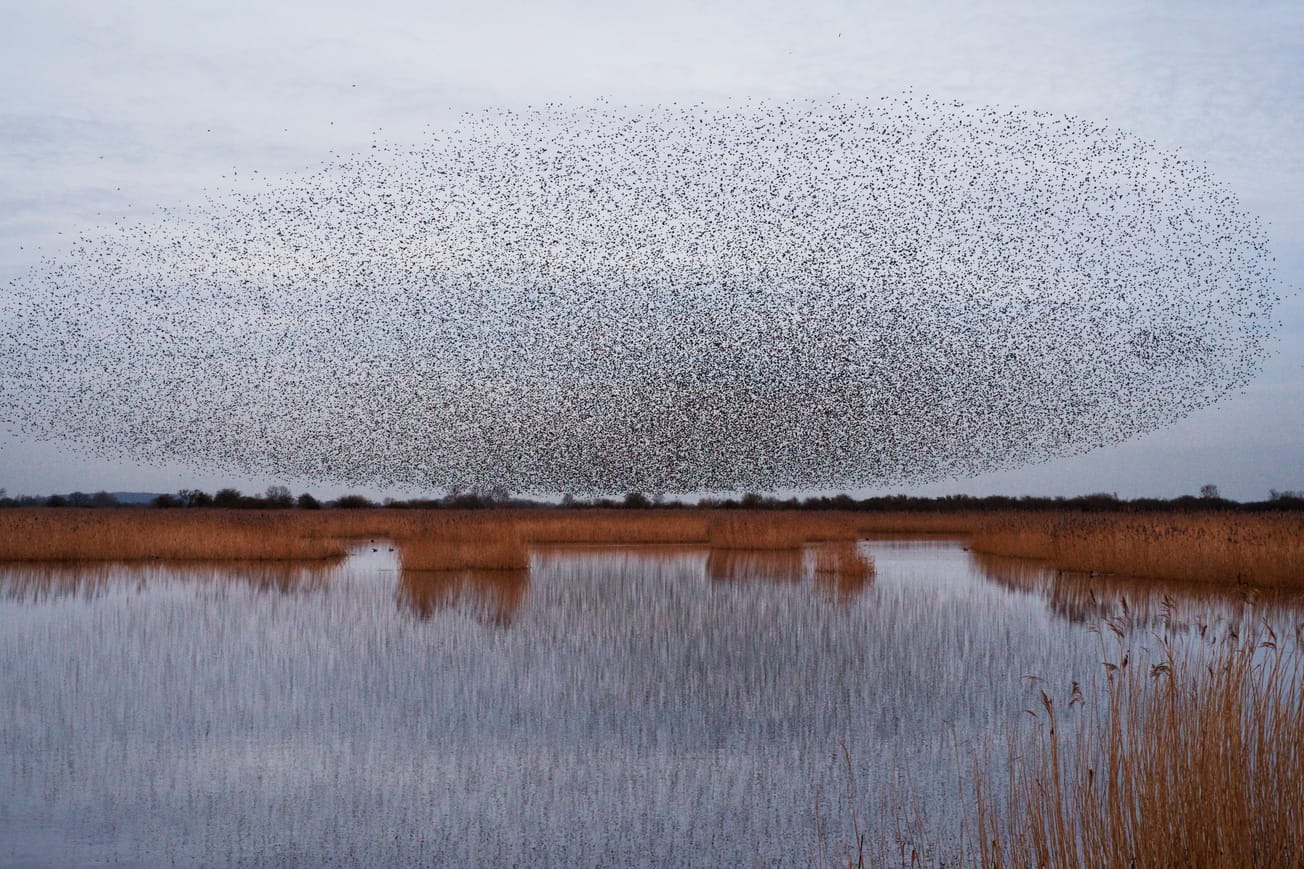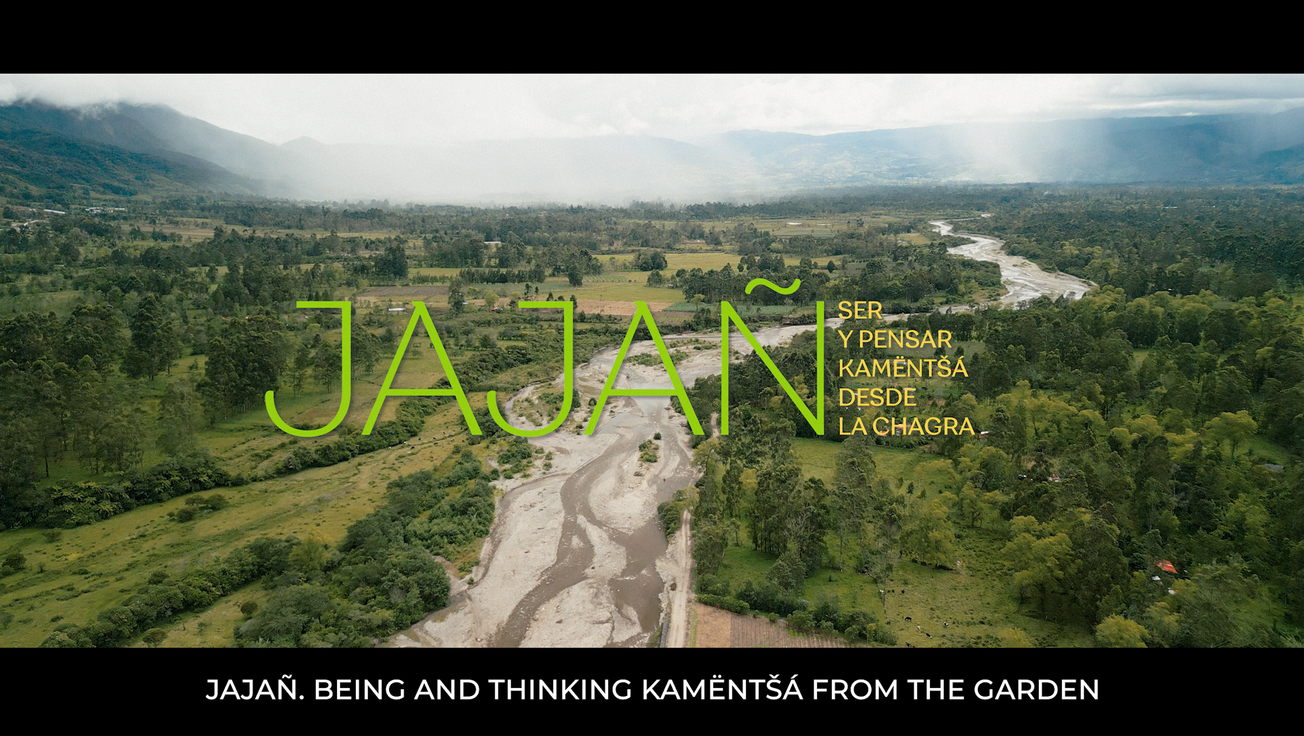At a moment when inequality, war, and ecological collapse seem to define our world, the need for bold new visions of democracy has never been more urgent. That urgency animated the latest FREE (Forum for Real Economic Emancipation) event, Democracy from Below: How to Defeat Oligarchy, featuring a powerful dialogue between economist Clara Mattei and political theorist Camila Vergara.
Systemic Corruption: A Feature, Not a Flaw
Vergara’s central concept, systemic corruption, challenges the mainstream notion that corruption is the result of a few “bad apples.” Instead, she argues, corruption is a structural feature of modern capitalist democracies. Constitutions, electoral systems, and economic rules have been deliberately designed to concentrate wealth and power in the hands of a few, while disempowering the many.
As Vergara put it:
“There’s an illusion of people’s power and an illusion of democracy. What we actually have is an oligarchic democracy, where the few are elected by the many but serve themselves.”
War, Wealth, and Oligarchy
The conversation also exposed the deep ties between oligarchy and militarism. Today, war is not merely about territorial conquest but about guaranteed profits. Arms corporations, tech giants, and asset managers reap unimaginable gains from human suffering and state-backed contracts.
Clara Mattei pointed to the obscene profits made by the arms industry amid global crises, noting that corporations like RTX, Leonardo, Amazon, and Microsoft all benefit from wars sold to the public as necessary security measures.
Vergara reminded the audience that this is nothing new—throughout history, oligarchies have thrived on war, debt, and mercenary armies. What has changed is the scale and automation of violence, combined with legalized lobbying and campaign finance systems that enshrine corporate control of politics.
Building Democracy from Below
But the event was not only about critique—it was about possibilities. Vergara and Mattei both emphasized that real democracy must be built locally through assemblies, cooperatives, and collective experiments in self-governance.
Vergara shared inspiring examples, from Chile’s neighborhood councils that emerged during the 2019 uprising, to German towns that built energy cooperatives providing universal childcare and free public transport. These models show how ordinary people can reclaim power over energy, food, housing, and land—the very foundations of survival.
“Self-governance and capitalism just don’t work together,” Vergara noted, underscoring why grassroots alternatives are essential.
FREE as a Living Experiment
For Tulsa, FREE is meant to be just that: a living experiment. More than a lecture series, it is a space for co-creation, solidarity, and collective imagination. Working groups, assemblies, and community projects will grow from these gatherings, building connections between existing grassroots efforts in the city.
As Mattei concluded:
“Imagination for what is possible only comes out of the experiment. FREE is an experiment. We don’t know if it will fail tomorrow or who will join—but it’s through participation that we create the future.”
If you’re in Tulsa or beyond, FREE invites you to join, participate, and help build this forum into a true space for real economic emancipation.
Join FREE: FreeFreeForum.org


